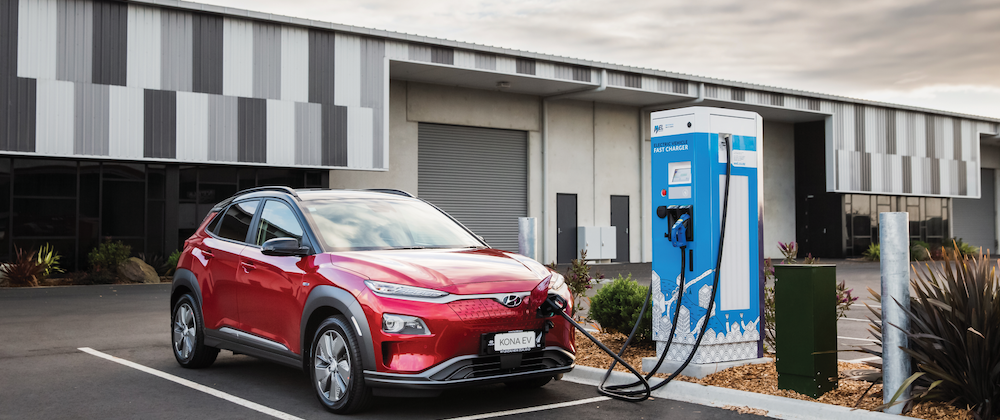Residential Car Rental Could Be A Future Trend

Aussie startup Ohmie grabs a niche market by the horns
Anyone looking to start a car rental company from scratch is at a distinct disadvantage in an industry with a handful of players with decades of experience and a firm grip on the market. Unless you have a huge wad of cash to invest in an infrastructure able to provide high-tech connectivity and a fleet that’s changing to eventually adopt futuristic green and autonomous vehicles, there’s no way you’ll catch the likes of Enterprise, which leads a competitive pack by annually raking in nearly $25 billion in revenue.
Or you could rely on your own home-style ingenuity and go totally niche, without all that cumbersome overhead, which is what one adventurous upstart did in Melbourne, Australia. The company, Ohmie, dreamed up an opportunity to rent out electric vehicles by launching from an office of a residential complex and reaching an agreement with the building’s developers ICD Property, automaker Hyundai and alternative fuel company JET Charge.
Ohmie’s already recognized as the only company taking part in what’s now called the residential car rental market and it’s only a matter of time before other entrepreneurs worldwide take notice. Its operations are similar to Cars By Hour, another residential endeavor that started in 2015 in Miami, which rented out vehicles to dwellers in the Flamingo apartment complex and is still going strong. In Ohmie’s case, the business model is simple enough: make two Hyundai Kona electric vehicles available exclusively to the building’s residents by the hour or day at rates far cheaper than what conventional car rentals would charge. It’s also a radical shift from those same rentals in how to grab a market and offer timely transportation alternatives.
“Personal mobility is undergoing the most significant shift since the invention of the car, including entirely new ownership models, multi-modal transportation methods and eventually vehicles that drive themselves,” said Ohmie CEO Kyle Bolto to The Driven. “The convenience of having a service like this in the car park of the building you live in is the closest thing to owning your own car without all the traditional costs of car ownership.”
There’s no indication on what ICD gets from Ohmie in the agreement, whether it a share of the revenue or strictly rent for the office space. But the developer is certainly getting a lot of publicity out of the deal as well as a chance to promote a perk for prospective residents. As for Ohmie, the new firm has access to a captured market, so to speak. Using an app, residents have easy access to the Konas in the building’s parking lot in an area where the vehicles are getting fueled up from the JET Charge dispensers, which are also being used to take pressure off the complex’s electrical grid.
Although the endeavor, dubbed Ohmie Go, is barely a week old, that’s not stopping the company from taking the idea to other developers for use in other residential buildings in Melbourne and across the country. It may also inspire other car rental companies to rethink their fleet management systems to explore the possibilities of the residential complex niche market.